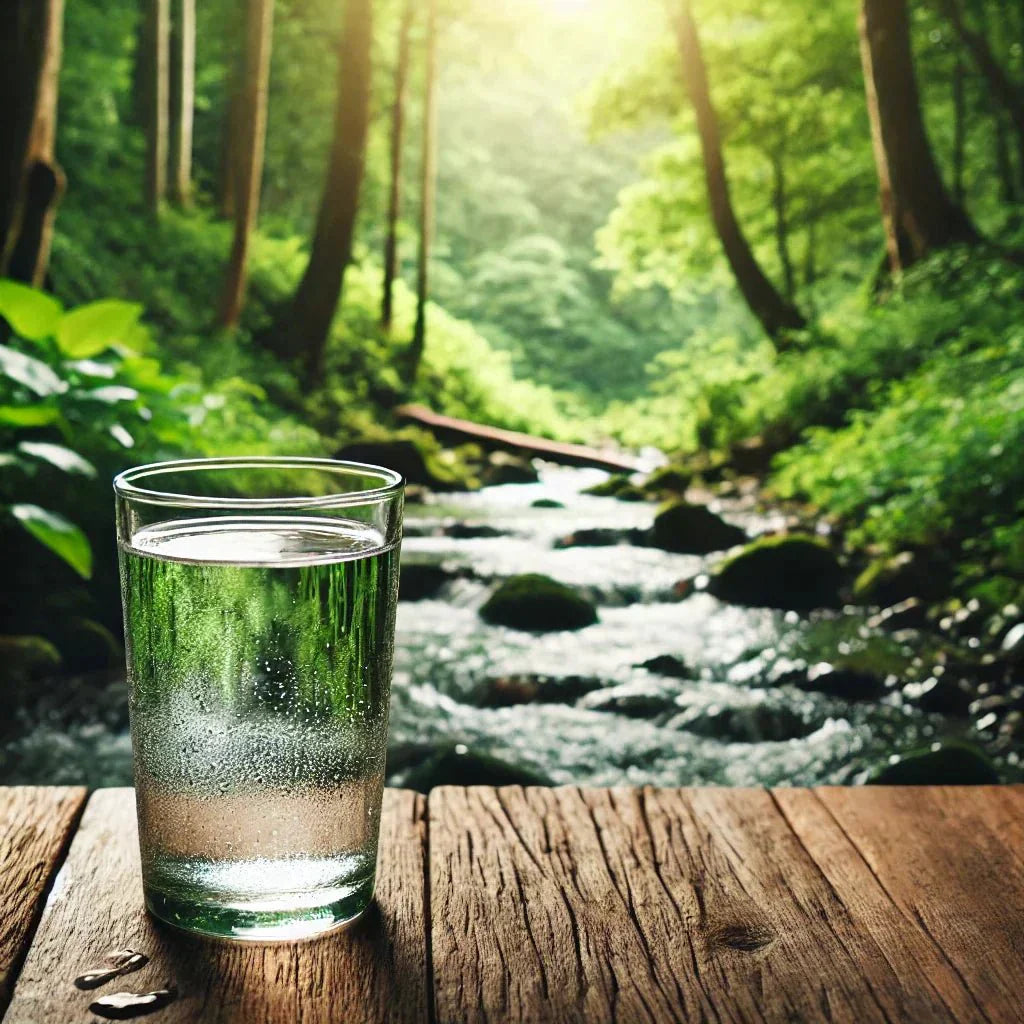
The Importance of Clean Drinking Water and Water Purification
Introduction
Water is the foundation of life. Every living organism depends on water for survival, and for humans, access to clean drinking water is essential for maintaining good health. Unfortunately, not all water sources are safe to drink due to contamination from industrial waste, bacteria, heavy metals, and other pollutants. This is why water purification is crucial. By ensuring that the water we consume is free of harmful substances, we can protect ourselves from diseases, improve overall health, and enjoy a better quality of life. In this article, we will explore the importance of clean drinking water, the dangers of contaminated water, and the best methods of water purification to keep your drinking water safe.
Section 1: Why Clean Drinking Water is Essential
Clean drinking water is vital for maintaining health and well-being. Here are some of the key reasons why access to safe water is non-negotiable:
-
Prevention of Waterborne Diseases: Contaminated water can carry harmful pathogens such as bacteria, viruses, and parasites that cause diseases like cholera, dysentery, and giardiasis. According to the World Health Organization (WHO), nearly 2 billion people consume water contaminated with feces, leading to severe health issues and even fatalities.
-
Proper Hydration and Body Function: Water plays a fundamental role in bodily functions, including digestion, circulation, and temperature regulation. Dehydration due to inadequate clean water intake can lead to fatigue, kidney problems, and cognitive decline.
-
Removal of Toxins: The human body naturally detoxifies itself, but clean water helps flush out toxins more effectively. Contaminants like lead, arsenic, and chlorine can be harmful if consumed in large quantities, leading to serious long-term health risks.
-
Improved Growth and Development: Children require clean water for healthy growth and brain development. Exposure to contaminated water can result in stunted growth, learning disabilities, and weakened immune systems.
Contact us to advertise in this space
Section 2: The Dangers of Contaminated Water
Consuming contaminated water can have severe consequences for both short-term and long-term health. Some of the most common contaminants found in drinking water include:
-
Bacteria and Viruses: These microorganisms can cause infections such as hepatitis A, E. coli infections, and stomach flu. Water sources contaminated with sewage or animal waste are particularly dangerous.
-
Heavy Metals: Lead, mercury, and arsenic are toxic heavy metals that can leach into water from corroded pipes or industrial pollution. Long-term exposure to these metals can cause kidney damage, neurological disorders, and developmental issues in children.
-
Chemical Pollutants: Pesticides, herbicides, and industrial chemicals often find their way into water supplies through runoff. These substances have been linked to hormonal imbalances, reproductive issues, and cancer.
-
Microplastics: Recent studies have detected microplastics in drinking water sources, posing unknown long-term health risks. These tiny plastic particles can disrupt endocrine functions and contribute to inflammation in the body.
Section 3: Effective Water Purification Methods
Ensuring access to clean drinking water requires the use of reliable water purification methods. Some of the best options include:
-
Filtration Systems: Water filters remove contaminants through physical, chemical, or biological processes. Common types of filters include activated carbon filters (which remove chlorine and organic compounds), reverse osmosis filters (which remove heavy metals and bacteria), and UV filters (which kill microorganisms).
-
Boiling Water: One of the simplest and most effective ways to kill bacteria and viruses is by boiling water for at least one minute. This method is particularly useful in emergency situations or areas with unreliable water sources.
-
Distillation: This method involves boiling water and collecting the steam, which leaves contaminants behind. Distilled water is free from most impurities, making it a great choice for individuals with weakened immune systems.
-
Hydrogen Water Technology: Hydrogen water bottles, such as the HydroFlo H2X, use advanced electrolysis to infuse water with hydrogen, which has antioxidant benefits and improves hydration at a cellular level.
Conclusion
Access to clean drinking water is a fundamental human right, yet many people around the world struggle with water contamination. Understanding the importance of clean water and the dangers of pollutants can help us take proactive steps toward water purification. Whether through filtration, boiling, or advanced technologies like hydrogen water, ensuring that our drinking water is free from harmful contaminants is essential for a healthier future. Investing in high-quality water purification solutions, like those offered by HydroFlo, can help individuals and families safeguard their health and well-being. Clean water is not just a necessity; it is the key to a better life.
